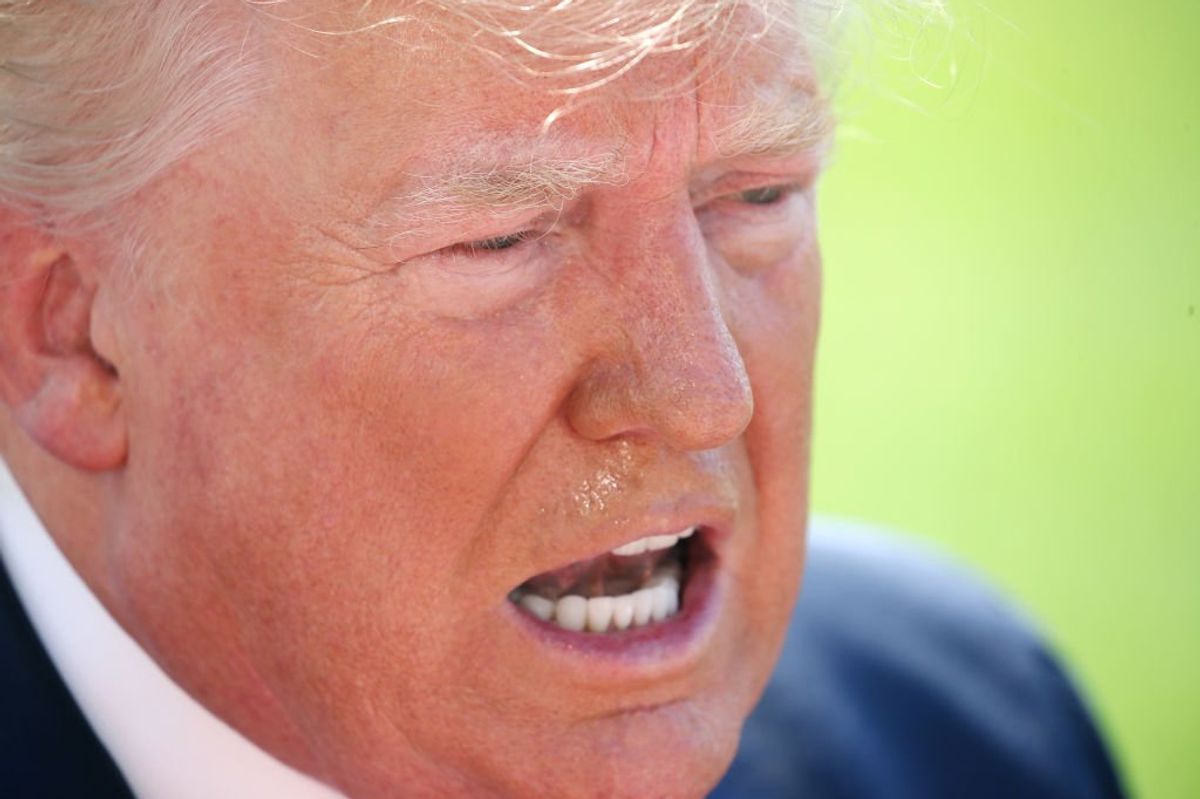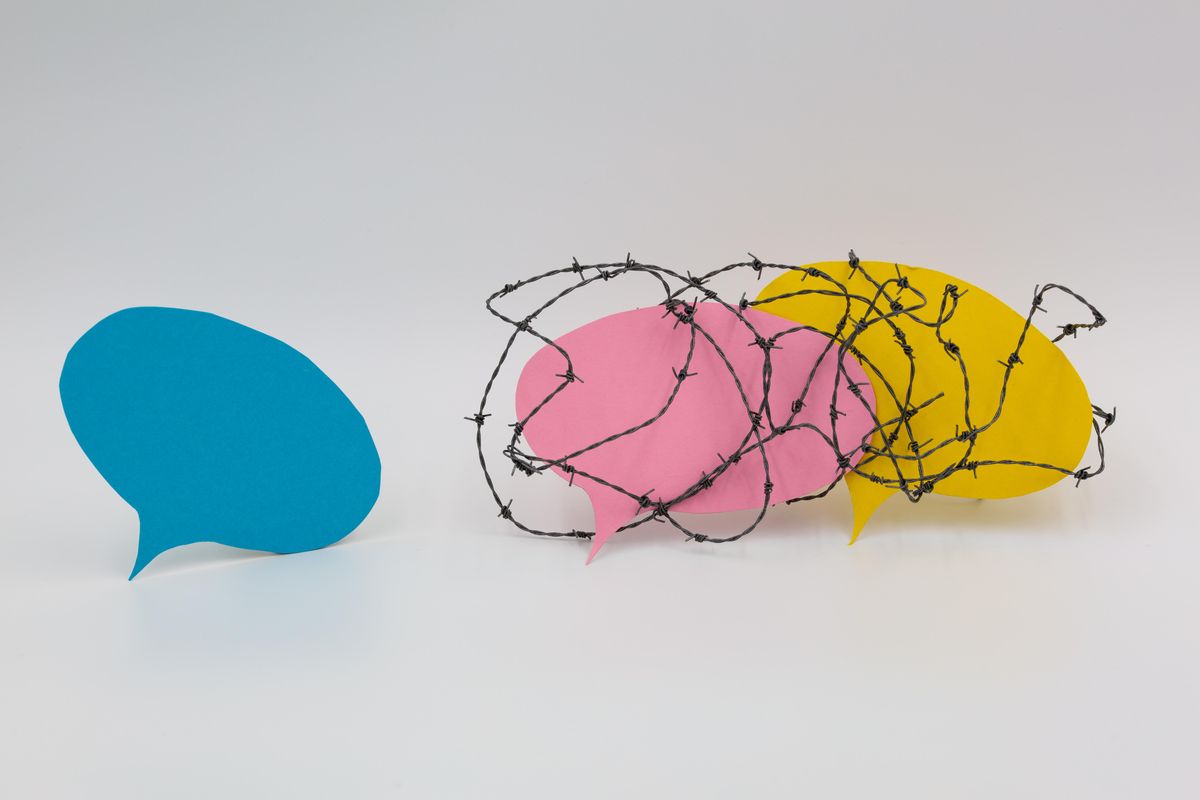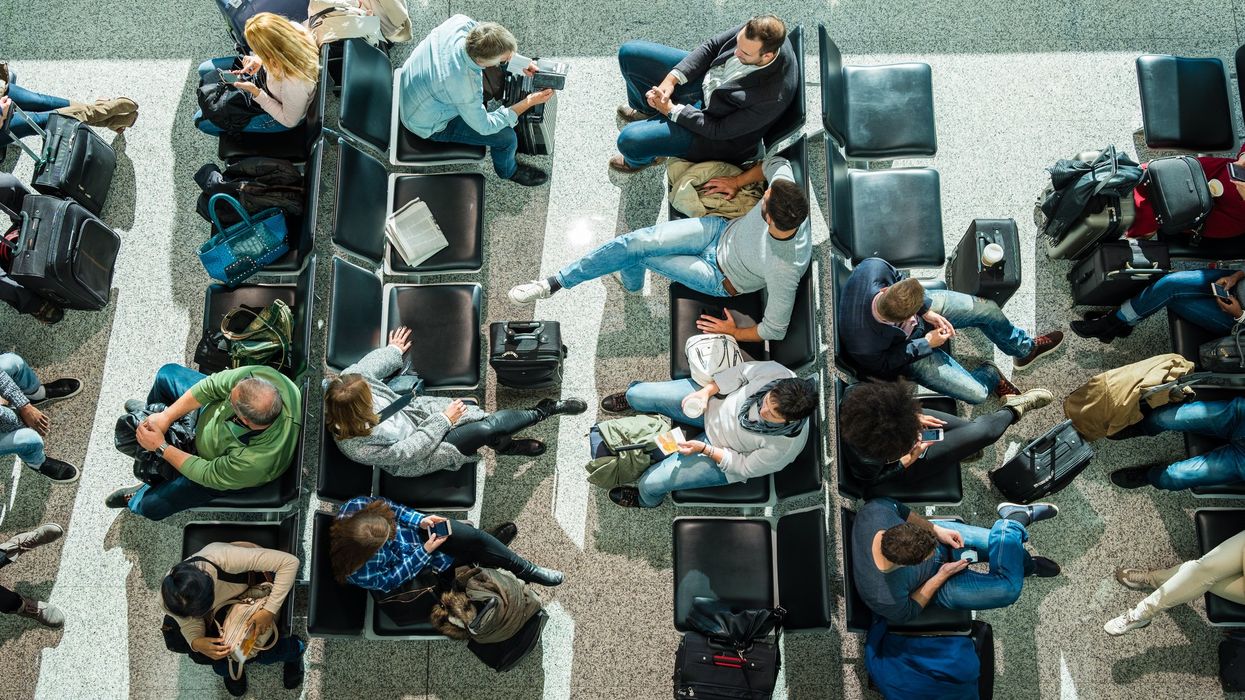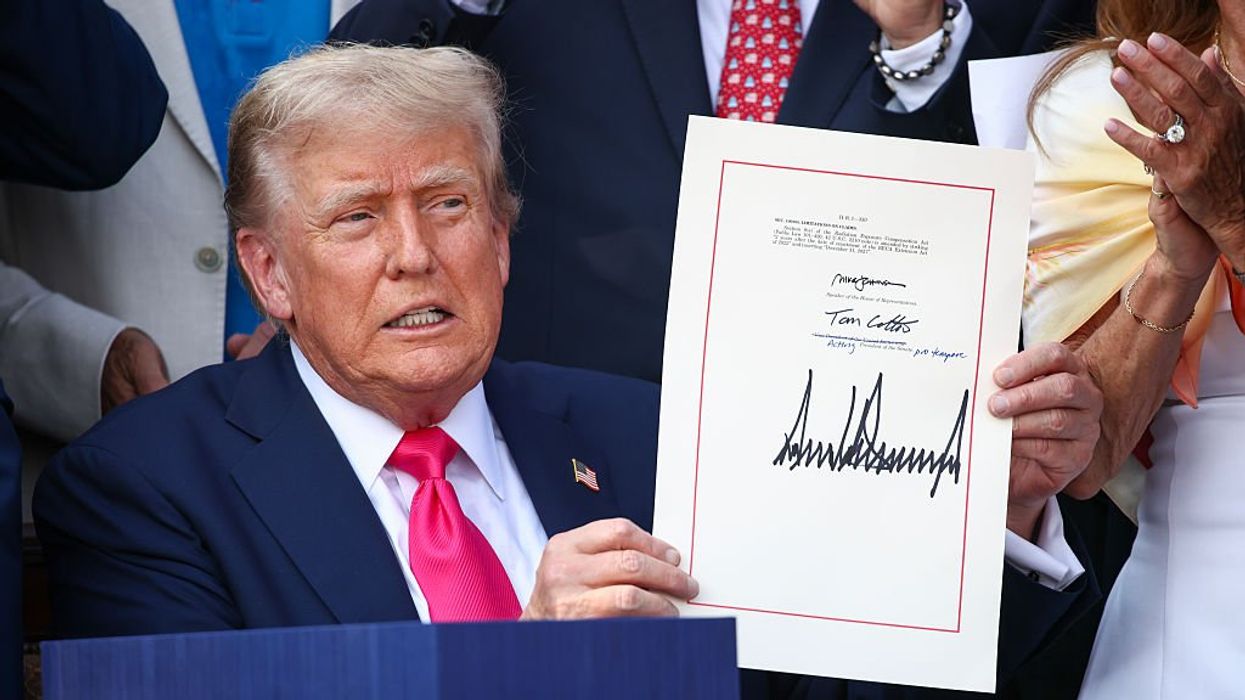For the past six years, Americans have lived in a “flawed democracy,” one dragged down by high levels of polarization and events like the Jan. 6, 2021, insurrection, according to an annual study of global democracy.
The latest edition of the Economist Intelligence Unit’s Democracy Index ranks the United States 26th of 167 countries, sandwiched between Chile and Estonia, when measuring electoral process, government functionality, political participation, political culture and civil liberties.
On a 10-point scale, the U.S. earned 7.85 points — slightly down from last year’ 7.92 and the nation’s lowest score since the EIU created the index in 2006. The United States also dropped one spot in the rankings over the past year.
The researchers pinned the United States’ low score on two factors, both of which are tied to polarization: functioning of government and political culture.
“Pluralism and competing alternatives are essential for a functioning democracy, but differences of opinion in the US have hardened into political sectarianism and institutional gridlock,” they wrote, explaining why the U.S. score for government functionality had hit a new low point.
The narrowly divided Congress “has further crippled the legislative process, particularly as Democrats contend with widening divisions between their moderate and hard-line members. Obstruction will worsen ahead of the November 2022 mid-term elections — which could flip the majorities in both houses of Congress — as neither party will want to appear to be ceding ground to the other,” they wrote.
Even though the United States reached a new low in that category, the nation scored even worse in “political culture” as election disputes and debates over the pandemic response have riven the population.
“Social cohesion has collapsed and consensus has evaporated on fundamental issues, such as election outcomes and public health practices,” according to the report, which notes that only 55 percent of Americans believe President Biden won a legitimate election despite the absence of widespread voter fraud.
But the insurrection and other attempts to change the outcome of the 2020 election were just that: attempts. The system’s resilience boosted the American score.
“The run-up to the change of administrations in late January 2021 was uncharacteristically tumultuous, marked by a riot at the US Capitol and attempts by the outgoing president, Donald Trump, and several Republican lawmakers to overturn the election results,” the report reads. “However, the inauguration of the new president, Joe Biden, a Democrat, proceeded smoothly, and the first year of his presidency has not faced significant disruptions.”
Two other factors helped keep the United States from ranking lower: participation and civil liberties.
American turned out to vote at a record rate in 2020, with 66 percent of the voting-eligible population casting a ballot. The EIU report also factored in the unprecedented participation in Georgia’s two Senate runoff elections in January 2021.
While the civil liberties score was high, EIU researchers caution that partisan gerrymandering and state-level efforts to change voting laws could result in a lower score in the future.
"That the United States continues to rank lower than many of our peers, and is considered a flawed democracy, should surprise no one that has observed our political system in recent years," said Mike Murphy, director of the Committee for a Responsible Federal Budget's FixUS program. "Our polarizing division and government dysfunction have led to an increasing level of distrust in our democracy, and only a comprehensive approach that attacks the root causes of this challenge will help turn this around. We can do so by tapping into the frustration of the majority of Americans who are fed up with the status quo, and rally them behind solutions they can advance in their communities which among them include political and electoral reforms to change governing incentives, revitalizing civic education, and promoting norms and engagement models that support bridge building and deliberation."
The highest rated democracies, according to the EIU, are Norway, New Zealand, Finland, Sweden, Iceland and Denmark. In January, Transparency International ranked 180 countries in its Corruption Perceptions Index. Denmark, Finland and New Zealand tied with the best score, followed by Norway, Singapore and Sweden.
The United States ranked 27th in that index.




















